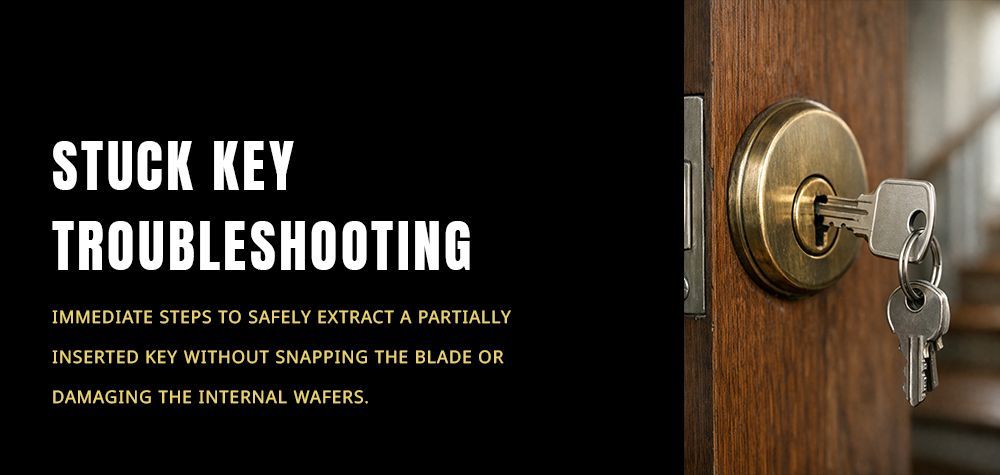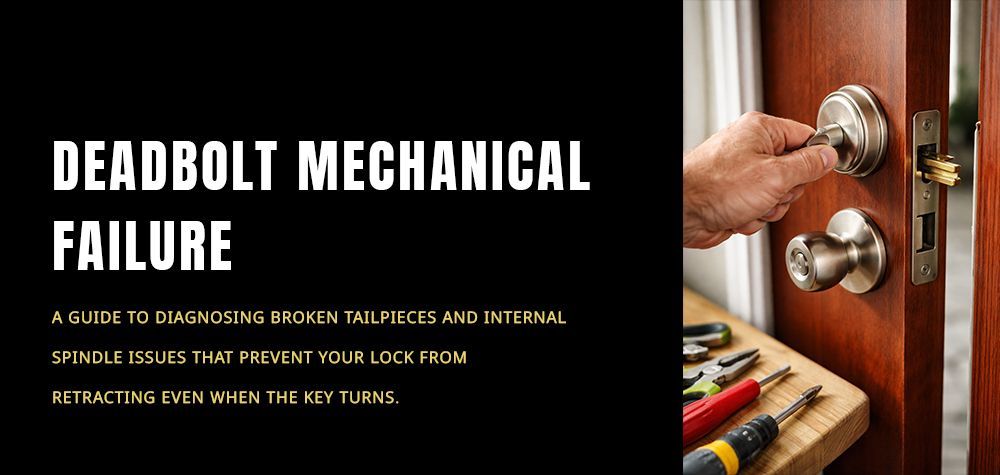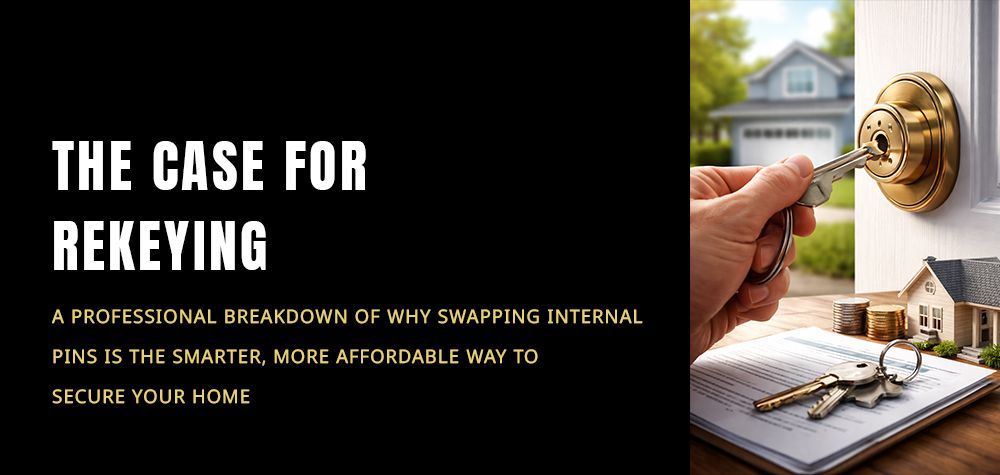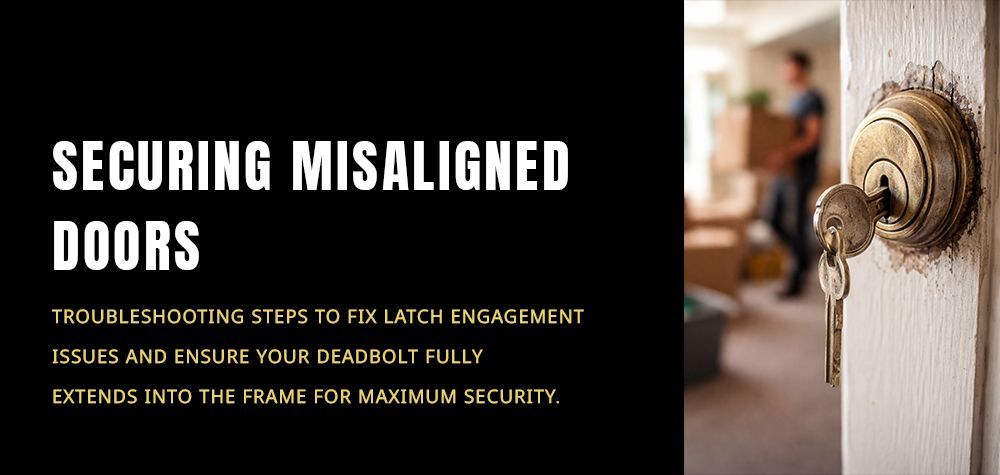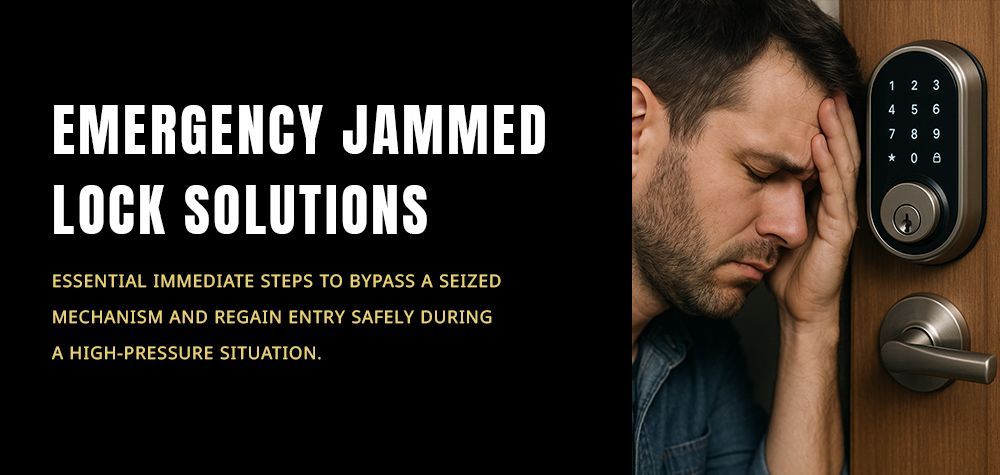Car Theft Prevention Tips From Expert Automotive Locksmiths
How can you prevent criminals from stealing your car? There are certain safety techniques to prevent car theft. Some work and some just deter the potential criminal. In this article, we’ll discuss automotive security to help you keep your vehicles safer.
Car theft prevention
According to the FBI’s Uniform Crime Reporting Program, the number of vehicle theft in 2015 rose by 3.1. The statistics also reveal that $4.9 billion was lost to motor vehicle theft, and an estimated 75% of stolen vehicles were automobiles.
In light of this revelation, car owners have to step up their efforts to better secure their cars from theft. We have compiled a few tips to help you better protect your car(s) from this societal vice.
How are cars stolen?
With electronics, techniques have improved on the side of car manufacturers, but also on the side of thieves. 75% of vehicle thefts recorded in 2019 are based on mouse jacking. To steal a car, they consist of hacking its electronic security systems and starting it without a key and without breaking in.
What is mouse jacking?
There are several methods. Key hacking involves creating a relay between an electronic key, wherever it is, and the car it opens. Two boxes can thus respond to each other to extend the signal and open the car without breaking in.
Another technique is that of jamming the signal emitted by your key when you think about locking your car, which remains open to thieves. Once your car is free to access, the car is started using a pirate box plugged into the OBD socket (diagnostic socket). The classic theft by breaking and entering, breaking glass, or picking door locks remains relevant today.
How to protect yourself from mouse jacking?
Several possible prevention options concern your car’s OBD socket: lock it in or have it moved and install a dummy one. You can also connect an anti-mouse jacking box to it, which disconnects it and prevents any external connection. If you are a fan of the box, equip your vehicle with a GPS tracker or plotter to locate it after the theft.
Tips for the Automotive Security Savvy Car Owner
1. Be More Conscious of Your Environment
It’s quite unfortunate most people pay little or no attention to what goes on around them. Well, even a little attention is something, but no attention at all is terrible. Staying aware of your immediate environment is one of the best ways of securing your vehicle, your possessions, and even your personal safety. Maintaining constant vigilance and observing the activities around will keep you ten steps ahead of car thieves.
2. Plan Your Route Ahead of Driving
I know it’s not always possible to plan your routes before you drive because, to be honest, most of us like to be spontaneous. In any case, taking the time to know the city or town you live in will help ensure the safety if your car. The same goes for having knowledge of the places you can go and where you shouldn’t. You can’t go wandering off or getting lost in insecure places.
3. Install Car Alarms
In the face of modern technology, not installing a car alarm or recognizing the security importance of car alarms for that matter is very, very unwise. Not only will your car alarm alert you of someone attempting to steal your car, but it’ll also get you alert you to suspicious activities in your vicinity. Car alarms also serve as deterrents to auto thieves. Someone driving off with a car whose alarm is triggered is only inviting the authorities and the wrath of well-meaning individuals on themselves.
4. Lock Your Doors At All Times
It doesn’t matter if you’re on the move or driving in the safest part of town, keeping your doors locked every time will keep your car safe from theft and carjacking. Although it’s rare, it happens, there’s no point in believing car thieves aren’t hardened enough to do it. Do not underestimate automobile thieves, that may very well be your regret as you watch helplessly your car speeding away.
5. Never Leave Your Key in the Ignition
Walking away – no matter how close the distance is to your car – with your keys in the ignition is a sure way to lose your car to thieves. What you need to understand is that car thieves are more aware of what goes on around them – even more likely than you – that they are ready to act on an instant notice. Don’t give them that chance. Whenever you’re walking away from your vehicle, even if you’re in a hurry, be sure to turn off your engine, roll up your windows, get your keys out with you and lock your doors.
6. Park your car in secure areas
Pay attention to where you park your car. When possible, park your car in a secure garage that has no public access – this can be your own garage or a company garage that requires a key fob to access it.
When you need to park outside, be selective about where you leave your car. First, look for well-lit areas that might deter a thief. Avoid remote areas where a thief could try to gain access to your car without anyone seeing it. Finally, especially in the case of parking lots, look for locations under a CCTV camera or other security device. The mere prospect of being filmed may be enough to deter a thief.
7. Install other safety devices
In most cases, simple precautionary measures like locking your doors, closing your windows, and parking in safe places will be enough to prevent thieves from breaking into or stealing your car. But for those who want extra protection, there are a few devices you can use.
First, a vehicle immobilizer prevents a thief from starting without the key, which can prevent hot wiring. Newer vehicles are usually integrated, but you can purchase aftermarket immobilizers for older vehicles.
Another device that you can buy is a steering wheel lock. This type of device attaches to your steering wheel and immobilizes it until it is unlocked. A steering wheel jam can discourage thieves, as it would be more difficult to steal your car, creating more risk of getting caught.
8. Insure your vehicle correctly
The above seven tips can help you protect your vehicle and belongings, and prevent thieves from leaving with your car. Unfortunately, few precautionary measures are completely foolproof and it is important to have a backup plan. A comprehensive auto insurance policy will ensure that if your car is stolen or damaged, you will be compensated for your loss.
These simple acts can save you a ton of regret later on. Who knows, someone is already watching you and waiting for you to slip up. Do you want your vehicle to be another statistic in the FBI’s Uniform Crime Reporting (UCR) Program? No, I don’t think so. Your car is an investment, treat it as such and you can keep it in your family for generations.
Call Us Any Time!


